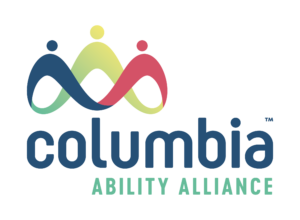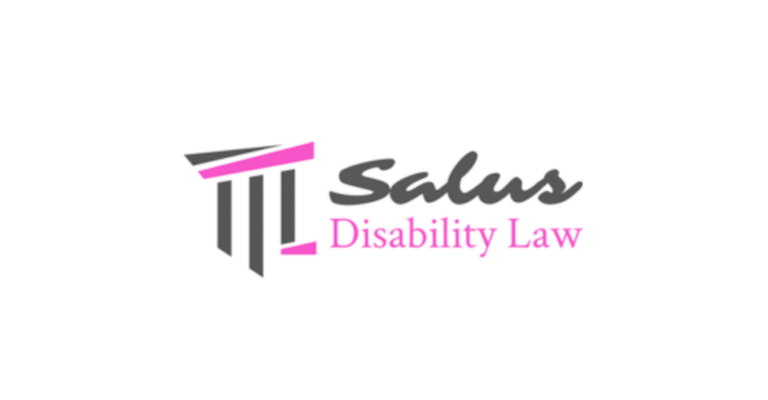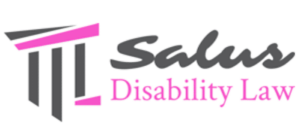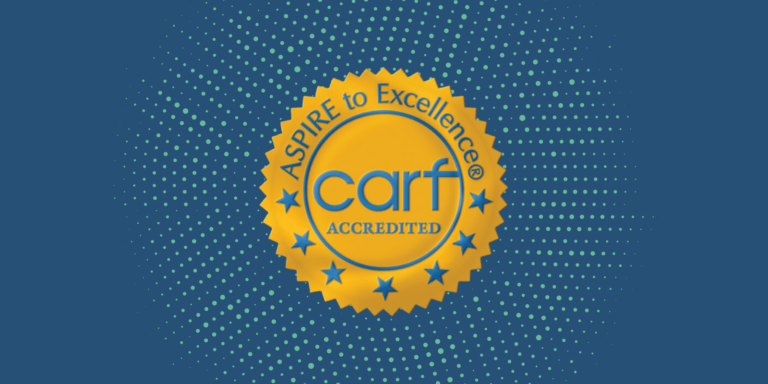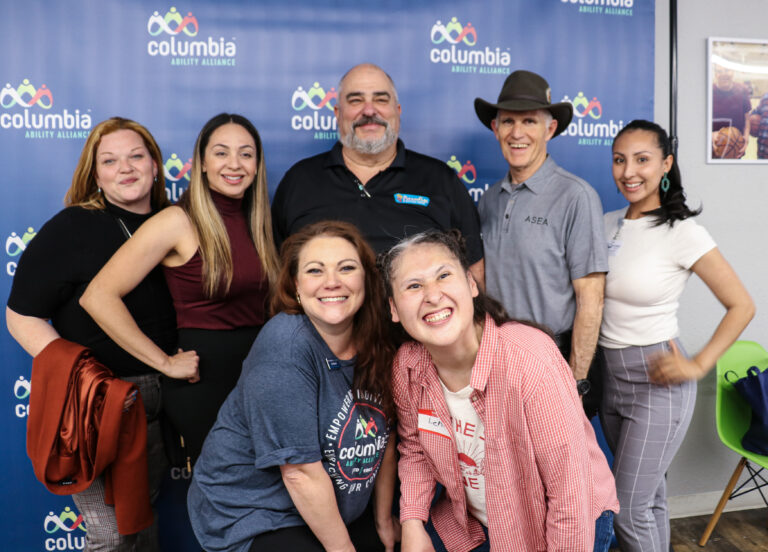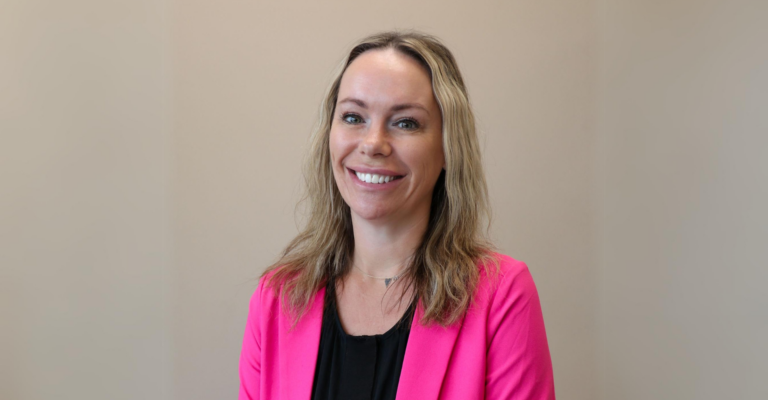For many parents, they dream that their kids will do well in school, go to college, and get a high-paying and fulfilling job. Even for many adults, our goals involve finding our own career paths and stable income. Unfortunately, this is not always an option for everyone. Read on for tips on planning for the future from the experts at Salus Disability Law.
Social Security Disability Benefits (SSDI) and Supplemental Security Income (SSI)
Social Security Disability Benefits (SSDI) and Supplemental Security Income (SSI) are two benefit programs available to provide a safety net for people who cannot work at all or at least in a full-time capacity. Generally speaking, SSDI is based on a person’s work and earnings history. SSI is a needs-based program of last resort available to disabled individuals with limited income and resources.
SSDI benefits have a sub-category of benefits called Children’s Disability Benefits (CDB) or Disabled Adult Child Benefits (DAC). These benefits are based on a parent or guardian’s work history so long as an individual is found disabled by age 22.
This program is critical for many individuals with disabling conditions that stem from birth, childhood, or manifested in early adulthood like Down’s Syndrome, Cerebral Palsy, and Autism, but eligibility for this program requires proactive thinking to ensure your child meets the requirements:
- Parent or Guardian must be deceased, disabled, or retired.
- Individual must be disabled before age 22.
- Individual must be unmarried.
- Individual has not worked above substantial (SGA) levels.
Social Security’s rules are convoluted, so here’s an example to help explain:
Martha and Todd have a son, James, who has Down’s Syndrome. He was diagnosed at birth. Martha and Todd are both alive and still working. They are not receiving retirement or disability benefits from Social Security. James is 18 and they want to ensure he has the resources he needs as an adult.
James cannot apply for CDB benefits yet because his parents are still alive and working. He would not currently be eligible for CDB benefits until his parents meet the criteria in Step One. But there are things his family can do to protect his future eligibility.
Applying for SSI benefits now will establish disability before age 22 and protect him in the future when his parents retire. James and his parents will need to make choices about marrying or working. James will have more freedom, independence, and fulfillment with work, but it is critical to consider whether James will be able to sustain employment at substantial levels ($1350 gross monthly) for an extended period of time. If that is not possible, it is important to keep his earnings below this threshold and pursue Social Security as a safety net.
While not a Social Security program, there are other programs that require a disabling condition prior to age 26. 529 ABLE or “A Better Life Experience” Accounts are a tax-advantaged bank account program for disabled individuals that protects their eligibility for needs-based benefits while ensuring they have access to financial resources. For ABLE accounts, disability must be established by age 26, and being a recipient of SSI or SSDI automatically meets those criteria.
ABLE accounts are administered by the state and vary by location, but the general program allows individuals to exceed Social Security’s $2000 resource limit and continue to receive Medicaid benefits so long as they have less than $100,000 in their account. ABLE accounts allow disabled individuals to use their funds for qualified expenses which include housing, education, transportation, education, and basic living expenses.
A person’s best life is achieved through work and autonomy, but these age-based programs serve as key safety nets and it is important to think proactively, so you don’t miss key opportunities for yourself or your adult child.
Guest blog post courtesy of Maren Miller Bam, Salus Disability Law
